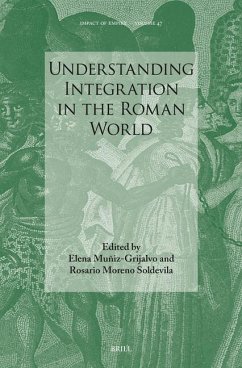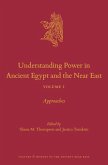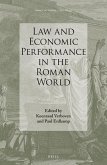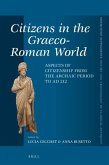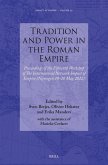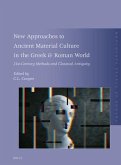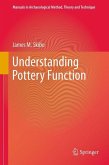Drawing on recent debates on cultural contact, this book offers a series of examples that invite to interpret integration in the Roman Mediterranean as the creation of an imperial scale, a common frame of reference for the inhabitants of the Roman world.
Hinweis: Dieser Artikel kann nur an eine deutsche Lieferadresse ausgeliefert werden.
Hinweis: Dieser Artikel kann nur an eine deutsche Lieferadresse ausgeliefert werden.

